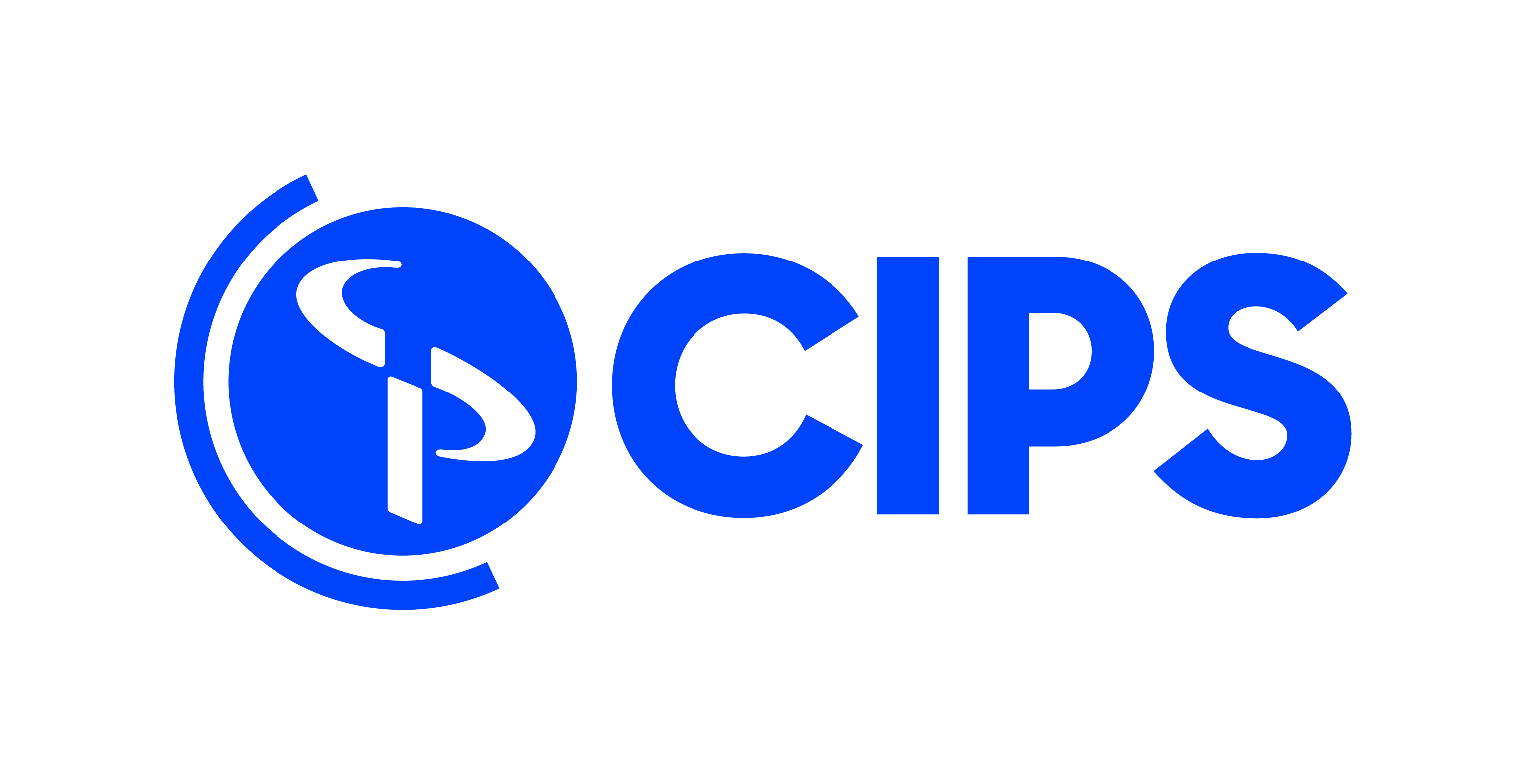How to spot essential soft skills in procurement interviews
Soft skills are the secret sauce that makes someone a great teammate and an asset for your organisation. While they can be difficult to assess, they’re crucial for ensuring the right match.
Here’s how to spot them in procurement interviews, including questions to ask that help you make the right call.
The importance of soft skills
Soft skills are the interpersonal skills that drive effective communication, collaboration, and critical thinking. Procurement professionals at all levels need a blend of these soft skills and technical expertise to fulfil their roles.
According to the CIPS Procurement & Supply Salary Guide 2024, three of the most important skills that practitioners need are soft skills. These are communication, internal stakeholder management, and supplier relationship management. These are essential skills not only for day-to-day procurement tasks but also for effective leadership, where traits such as collaboration, trust, and integrity are critical.
Artificial intelligence and automation are now taking over some of the technical aspects of procurement roles, meaning the role of the procurement professional is changing. Those who can build strong relationships, think critically, and adapt to changing circumstances will give your team the edge.
How to assess soft skills in interviews
Don’t go on gut feeling. Follow a structured and strategic approach to interviewing to assess soft skills more effectively and keep biases in check.
Start by identifying the soft skills that matter most for the role. For example, if you're recruiting a senior procurement professional like a CPO or procurement leader, you'll want to focus on skills like communication, strategic thinking, and leadership.
Make the pre-selection smoother by using quizzes or surveys before the formal interview. These provide a sneak peek into a candidate’s behavioral tendencies, reduce bias, and can help steer the interview questions you ask.
When interviewing for soft skills, it’s important to ask a mix of behavioural questions and situational questions. And to ask each candidate the same set of questions, in the same order. This allows for more objective scoring.
Behavioral questions show how candidates have handled specific situations in the past, while situational questions give you a glimpse of how they might tackle hypothetical scenarios. Both provide insight into key soft skills like decision-making and problem-solving and can help you gauge job performance.
Here are some key soft skills to assess in a procurement interview:
-
Communication
-
Teamwork
-
Leadership
-
Critical thinking
-
Work ethic
Top interview questions to assess soft skills
Here are some questions to ask that assess capability in these areas:
Communication
-
Tell me about a time when you had to work with a difficult colleague. What steps did you take to ensure effective communication?
-
Can you describe a situation where you had to explain a complex idea to someone unfamiliar with the topic?
Teamwork
-
Tell me about a time when you had to collaborate with a colleague who was resistant to your ideas. How did you handle it?
-
Describe an instance where you had to rely on your team to meet a tight deadline. How did you ensure the team remained on track?
Leadership
-
Tell me about a time when you took charge in a challenging situation. What was your approach, and how did you lead the team through it?
-
How would you handle a situation where your team disagreed with your directions or approach?
Adaptability
-
Share an experience when the priorities of a project suddenly shifted. How did you adjust to the change?
-
If you were assigned multiple tasks with similar deadlines, how would you prioritise and manage your time effectively?
Critical thinking
-
Tell me about a time when you had to make a critical decision with limited information. How did you approach it?
-
Imagine you discover an error in a report, but your manager isn’t available for guidance. What steps would you take to address the issue?
Work ethic
-
Describe a situation where you faced an ethical dilemma at work. How did you handle it, and what was the outcome?
-
If you discovered that a superior was breaching the company’s code of conduct, what actions would you take?




